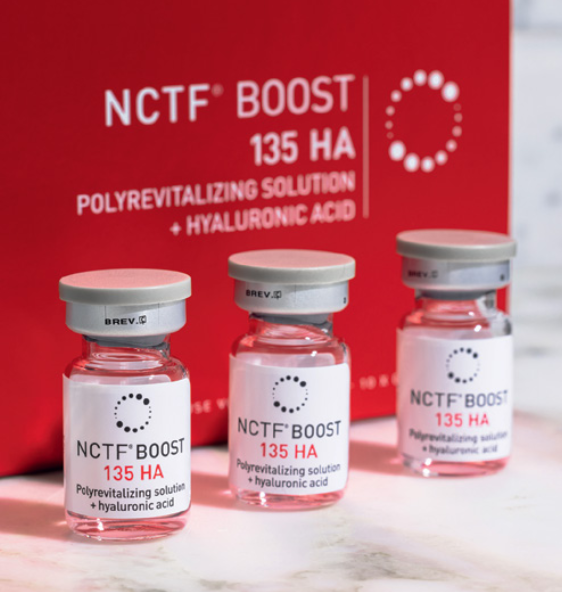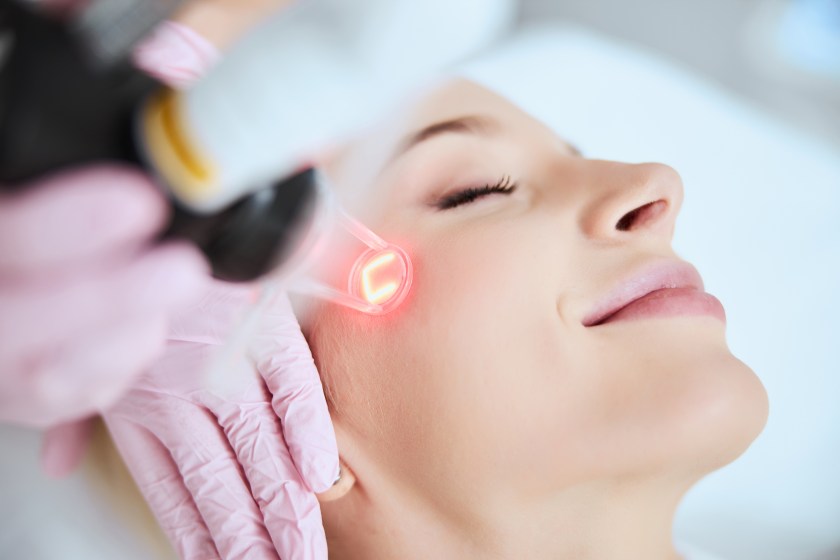Fake treatments, false claims, and patent infringements are a growing problem for skincare and device companies.
Recent incidents in several U.S. states involving harmful reactions to counterfeit or improperly administered injectable products have sparked a joint investigation, with further response of warnings regarding the safety of injectables that have been issued by U.S regulatory bodies.
In Australia, the Therapeutic Goods Administration (TGA) issued 4 infringement notices (totalling $13,656) in 2023 to 2 registered nurses for allegedly importing unapproved prescription-only medicines, medical devices containing prescription-only medicines, and advertising prescription-only medicines.
The individuals lacked authorisation to import these items, and they are not listed on the Australian Register of Therapeutic Goods (ARTG). Consequently, they are not sanctioned for distribution in Australia, including patient use, have not undergone safety or quality evaluations, and present a significant hazard to consumer wellbeing.
All products requiring a prescription listed on the ARTG have undergone scrutiny by the TGA to ensure compliance with quality standards, including sterility, accurate ingredient composition, and suitable manufacturing conditions. Unregistered products lack these guarantees.

When it comes to counterfeit medical devices, clinics and practices are now resorting to publishing blog articles for prospective patients to understand “how to tell the difference between a real and fake device”, or “how to tell if your skin clinic’s devices are real”.
SPA+CLINIC Managing Editor Nadine Dilong explored the extent and consequences of fraud in the aesthetic industry in our current issue of SPA+CLINIC at greater length (read the full article here).
“Throughout 2023, I kept hearing about copycat devices being sold as ‘originals’ to clinic owners; more than that, actually, I get e-mails sent to my inbox on a daily basis, mostly from Asian companies, trying to sell me filler and anti-wrinkle products of dubious origin, or body sculpting devices that look exactly the same as some of the trusted Australian companies I work with,” she says, “I hit ‘delete’ and shrug it off, but a part of me wonders how many people fall for it, and what this means for patient safety.”
Unregistered Injectable Products
“These procedures are among the most frequently performed cosmetic treatments globally, which unfortunately leads to illicit and hazardous practices,” remarked Dr. Alex Sobel, D.O., FAACS, president of the American Academy of Cosmetic Surgery. “Physicians, clinics, Allergan/AbbVie, the FDA, and the public must collaborate for the safe administration of neuromodulators and other prescription products.
Common symptoms of complications arisen from administering unregistered/unapproved products:
- Blurred vision and double vision
- Drooping eyelids
- Difficulty swallowing
- Dry mouth
- Slurred speech
- Difficulty breathing
- Fatigue
- Generalised weakness
“Patients have the right to be informed about the origin and handling of their treatment product,” emphasised Dr. Sobel. “Nevertheless, there will be unscrupulous and negligent providers and practices that deceive patients; I urge patients to seek treatment where they have confidence in the education, training, experience, and ethics of those involved in their care.”
Read the latest issue of SPA+CLINIC below:
There are 5 ways you can catch up with SPA+CLINIC
- Our quarterly print magazine, delivered to your door. Subscribe here.
- Our website, which is updated daily with its own completely unique content and breaking news.
- Our weekly newsletter – free to your inbox! Subscribe here.
- Our digital magazine – click here to view previous issues.
- Our social media – see daily updates on our Instagram, Facebook & Linkedin




